Supreme Court China
The Supreme People's Court of China (最高人民法院, Zui Gao Renmin Fayuan) is the highest judicial body in the People's Republic of China. It serves as the final court of appeal and has the ultimate authority over the country's judicial system. The Supreme People's Court plays a crucial role in interpreting and applying the law, upholding the Constitution, and maintaining the integrity of the legal system.
Key Features:
Jurisdiction and Role:
- The Supreme People's Court is responsible for overseeing the judicial system in China and ensuring that the law is applied uniformly across the country.
- It acts as the final court of appeal for civil, criminal, administrative, and other cases, particularly those of national significance or involving disputes between lower courts.
- The Court also has the power to interpret the Constitution of China and ensure that laws passed by the National People's Congress (NPC) comply with the Constitution.
Composition:
- The Supreme People's Court consists of one president, chief justices, and several other judges.
- The President of the Supreme People's Court is appointed by the National People's Congress (NPC), which is China's highest legislative body. The appointment process is handled by the NPC Standing Committee.
- Judges of the Supreme People's Court are selected through a process controlled by the National People's Congress, and they serve fixed terms. The selection ensures that the Court remains under the control of the Communist Party of China (CPC), which significantly influences the judicial and legislative systems in China.
Functioning and Powers:
- The Court functions through various chambers, including civil, criminal, and administrative sections, to hear a wide variety of cases.
- It is empowered to review decisions made by lower courts and may overturn or modify their rulings when necessary, particularly in important or precedent-setting cases.
- The Court has the authority to issue judicial interpretations, which guide lower courts in applying laws and resolving complex legal issues. These interpretations are binding for lower courts.
Constitutional Oversight:
- The Supreme People's Court has the responsibility to interpret the Constitution of China and ensure that legislative and governmental actions align with it.
- Although the National People's Congress has the final say on constitutional matters, the Supreme People's Court plays a critical role in applying constitutional principles to legal cases.
- The Court can review and make decisions on the legality of government actions, though it does not have the same power to declare laws unconstitutional as some other constitutional courts in other countries.
Conclusion:
The Supreme People's Court of China is a central institution in China's legal system, responsible for overseeing the judiciary, interpreting laws, and ensuring that legal decisions align with the country's Constitution. While its authority is derived from the Communist Party and the legislative structure, it plays a key role in shaping China's legal landscape and ensuring that laws are applied consistently across the nation. For current decisions and legal updates, official government publications or legal professionals in China should be consulted.














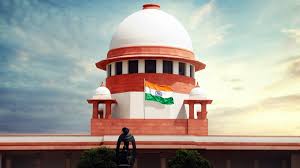


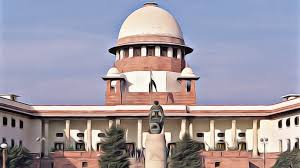

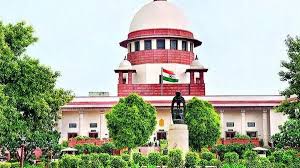









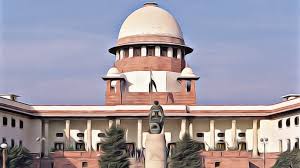




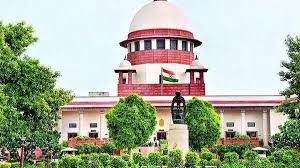



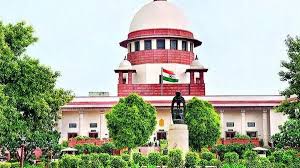
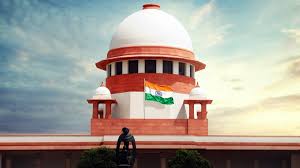



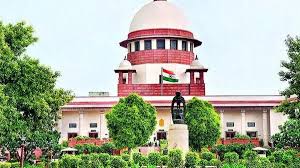


















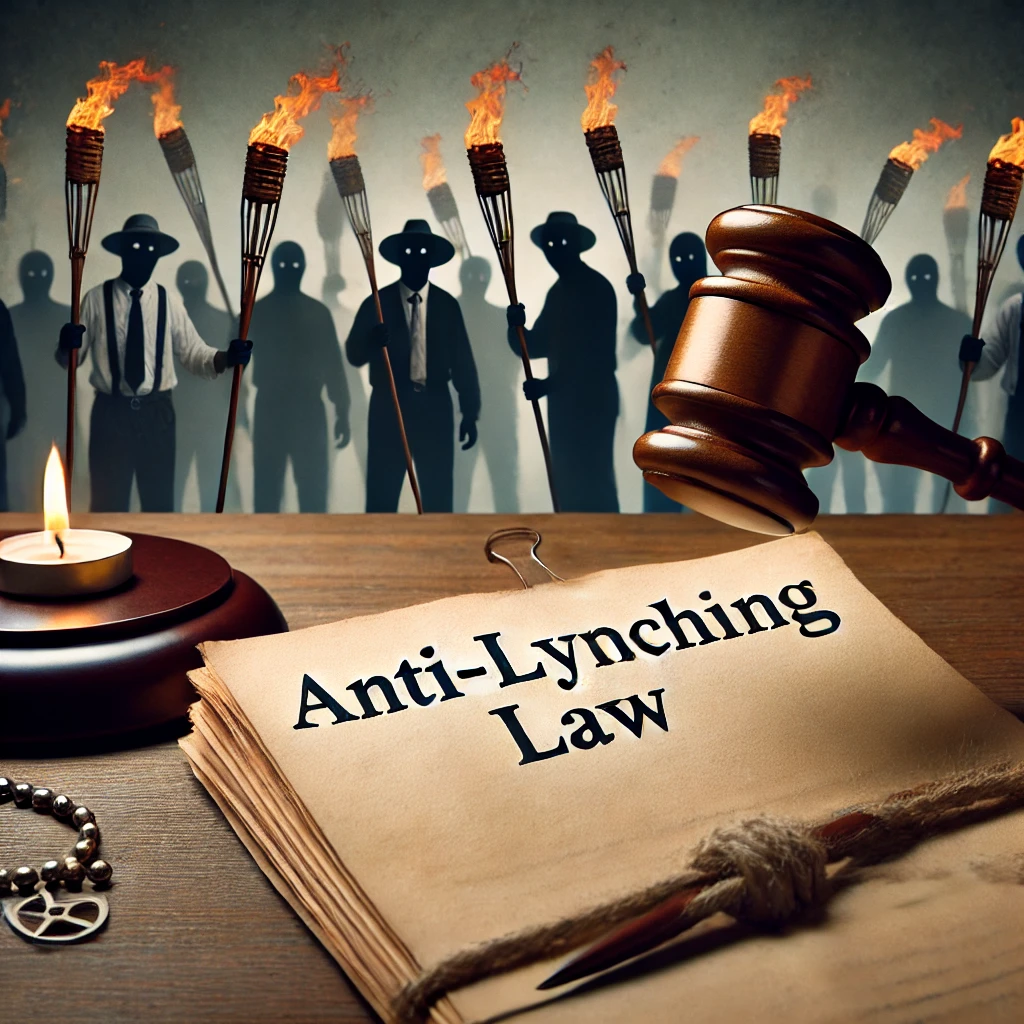
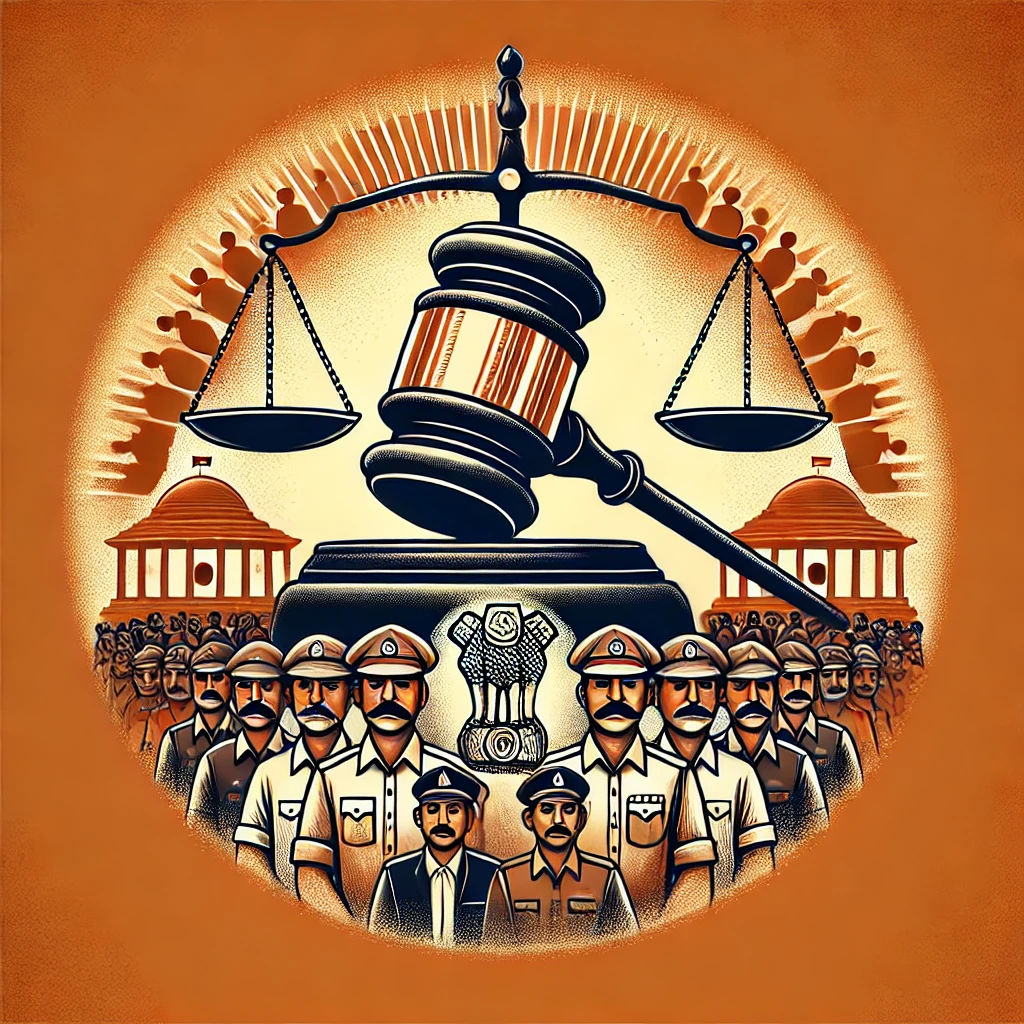

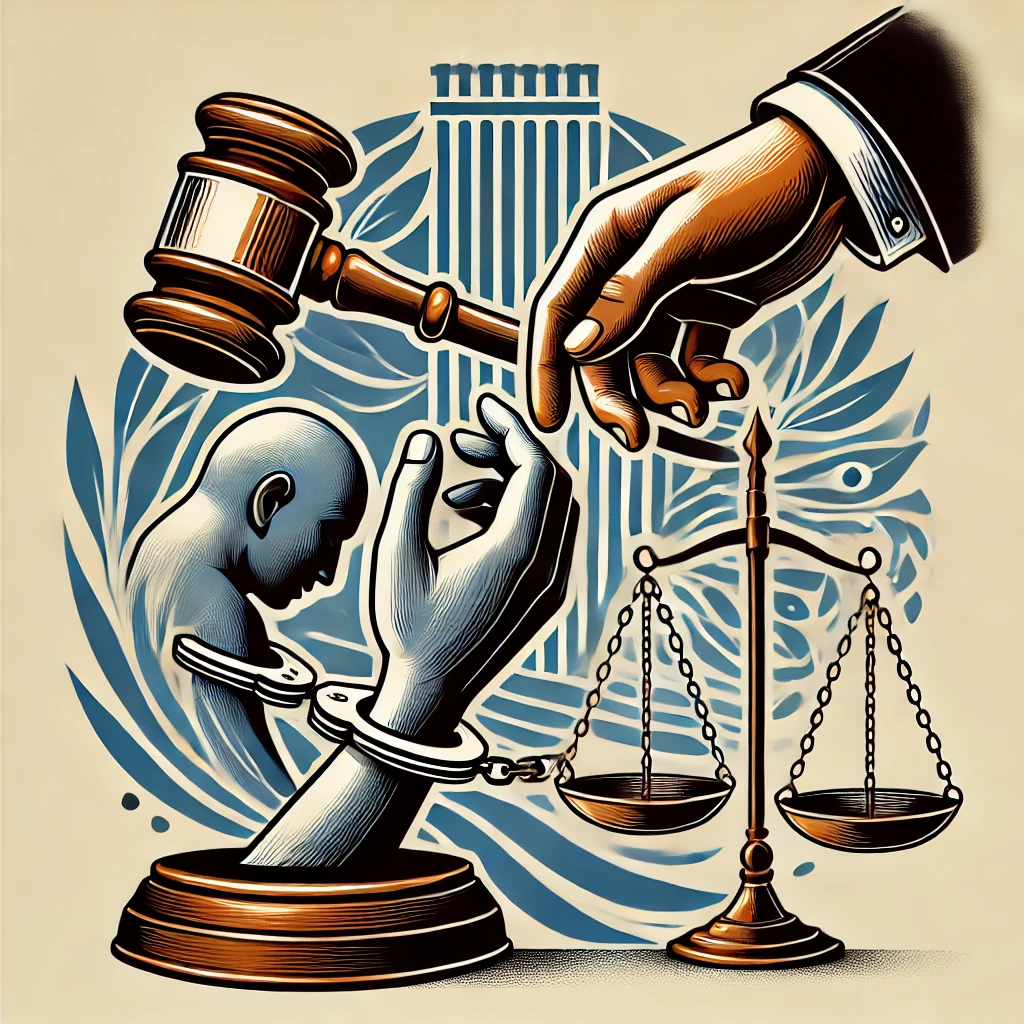











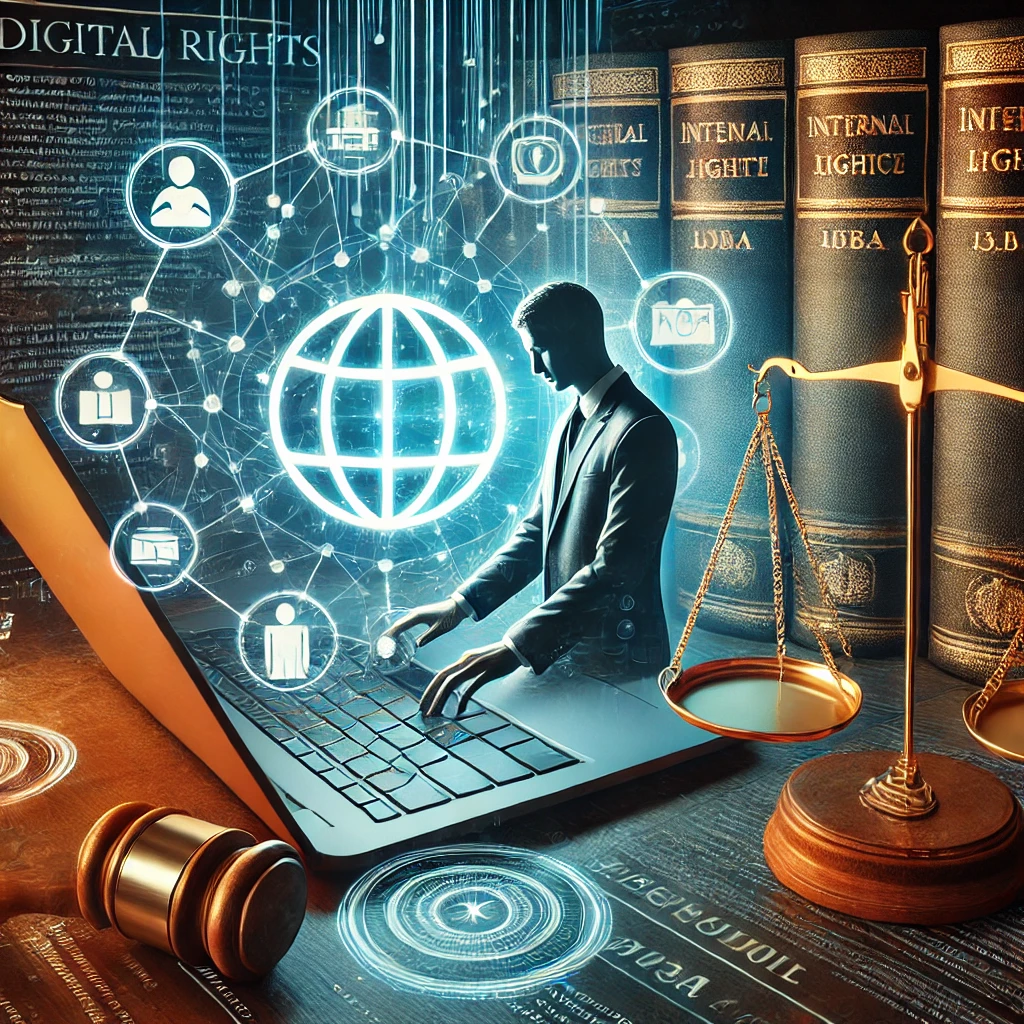




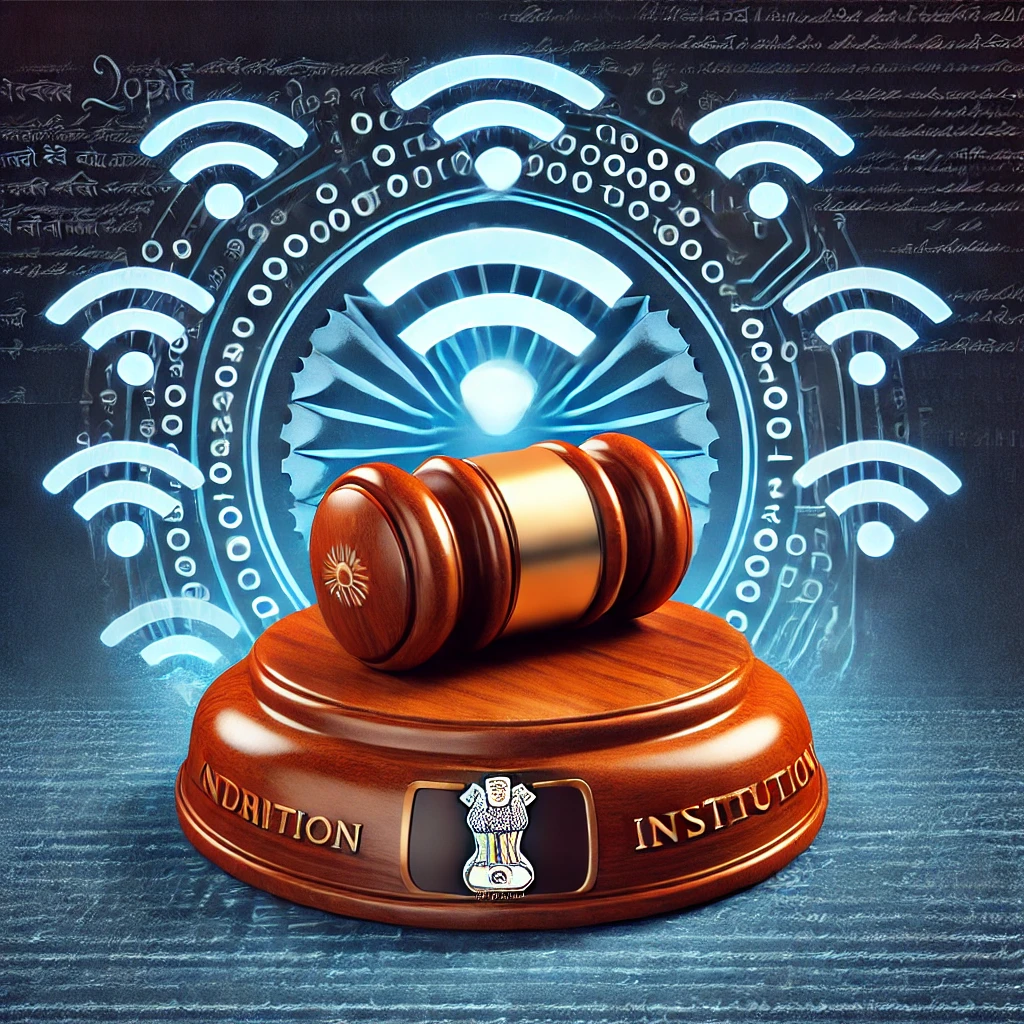


































































































































































































































































































































0 comments